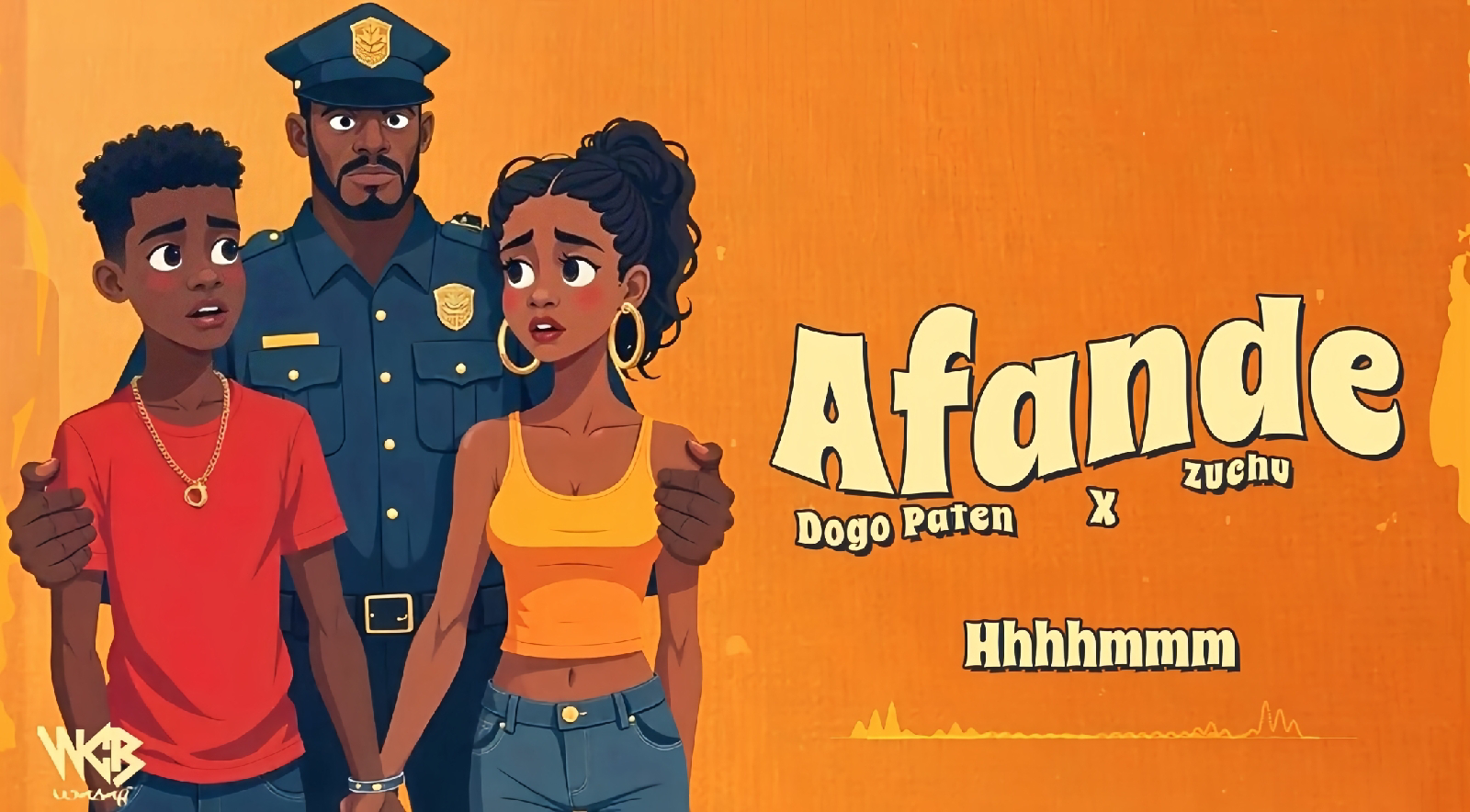Beka Ruga Breaks His Silence
Kwale-based content creator Beka Ruga, popularly known for his viral wedding and later the hit series Kikulacho, has spoken out in an emotional Facebook post about what he describes as betrayal, hypocrisy, and challenges in the local creative industry.
The post, which has since sparked conversations across Kwale and beyond, reveals the behind-the-scenes struggles of teamwork, sponsorships, and management wrangles that have threatened to derail Kwale’s growing art scene.
From Viral Wedding to National Spotlight
Ruga recalls how his journey into the limelight began with his much-talked-about wedding. Despite the mockery he faced, the event became a turning point that caught the attention of the media and opened doors for him in Nairobi.
“Si mitandaoni hadi huku nyanjani stori ikawa ni beka ruga ni harusi si harusi… from apo sasa beka akaanza tena kupiga hatua akaingia mjini vizuri sasa.”
This breakthrough eventually led him to shoot a pilot with Jiffy Pictures, a dream he had long harbored.
The Rise of Kikulacho
To stay true to his roots and connect with his local audience, Ruga launched Kikulacho, a Swahili content series that quickly gained traction. The project, done with close friends Banda and Zuu, not only attracted fans but also sponsorships.
“Mimi napenda kazi unayofanya na jinsi ambavyo umewashika mkono vijana wenzako… kila siku mwaenda shoot ntakua nawapa 5k.”
This sponsorship gave the young creators hope and stability — but it also marked the beginning of conflicts.
Betrayal, Pressure, and Broken Trust
According to Ruga, differences within the Kikulacho team started surfacing, especially when Banda began pulling away from scheduled shoots. Excuses, outside influences, and lack of commitment eventually brought the series to a halt.
“Nilimwambia kaka wewe ulikua umekufa kabisa kwenye game hii kikulacho imerudi imekupa fame, kazi yako kubwa sasa ni kujua jinsi gani utaibadilisha hii fame yako ikuingizie pesa.”
Instead of building on the success, Ruga claims that Banda’s new management fueled division by allowing interviews that tarnished his (Ruga’s) name.
The Burden of Hypocrisy
One of Ruga’s strongest accusations is directed at certain individuals and management teams whom he feels are promoting division rather than unity.
“Mnatangaza Kwale wasanii tunapendana huu ndo upendo kweli? Chuki za wazi wazi ebu tuacheni watoto tufanye kazi zetu tafadhali.”
He emphasizes that instead of sabotaging each other, creators should focus on collaboration and growing Kwale’s art to national and international levels.
A Call for Unity in Kwale’s Creative Scene
Despite his frustrations, Beka Ruga ends his message with a heartfelt plea for peace, forgiveness, and unity among Kwale artists.
“Tupendane ili tuweze kusogesha sanaa yetu ya Kwale mbele, sisi bado ni wadogo mno.”
Final Thoughts
Ruga’s post is more than just a personal rant — it sheds light on the deeper struggles many upcoming Kenyan creators face: lack of structures, betrayal among peers, and the challenge of balancing fame with sustainability.
For Kwale’s art scene to thrive, the message is clear: unity, professionalism, and mutual respect must take center stage.
Question for Readers: Do you think artists in regions like Kwale receive enough support to grow, or are internal conflicts the biggest barrier to success?






Comments
Post a Comment